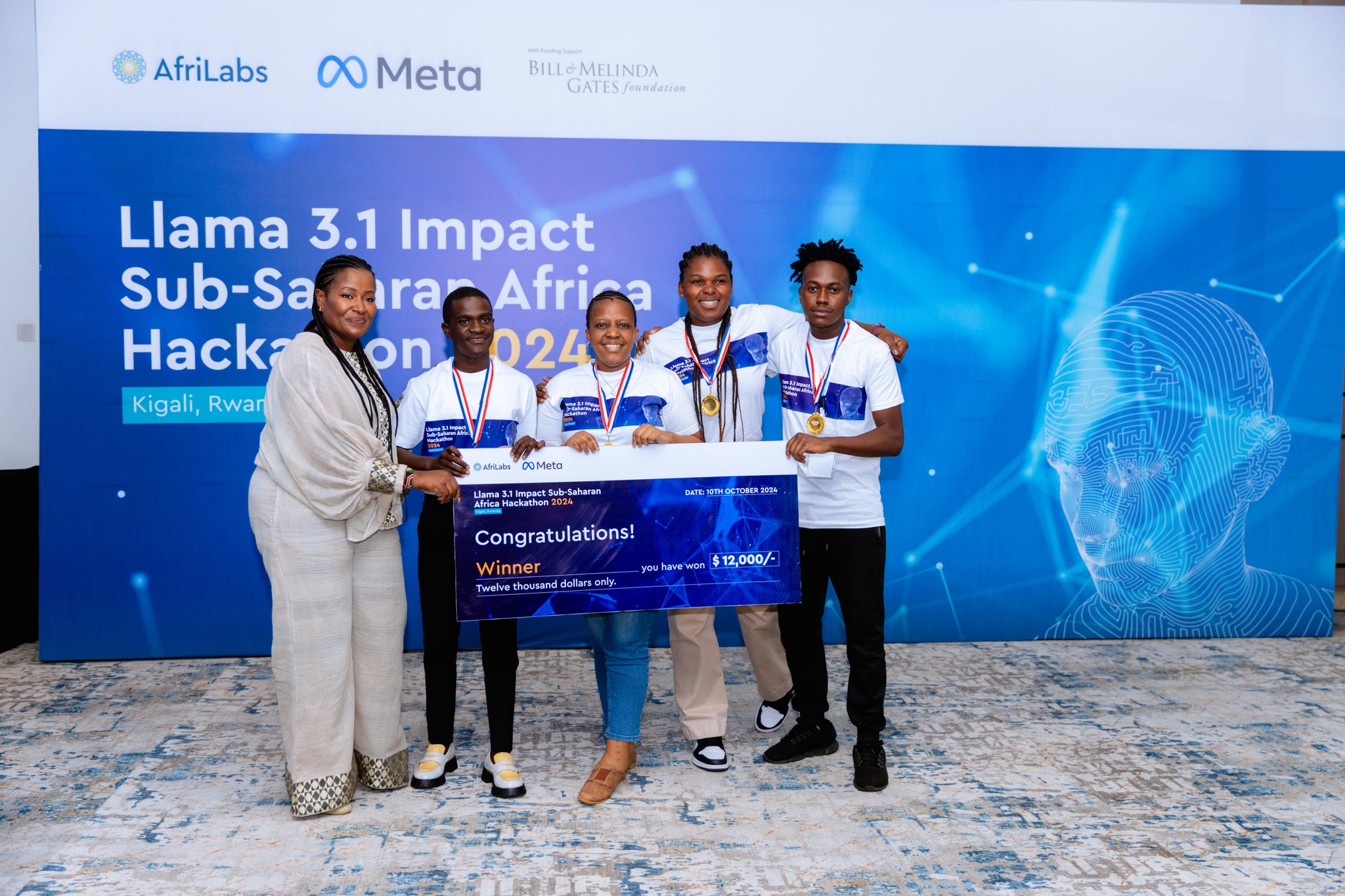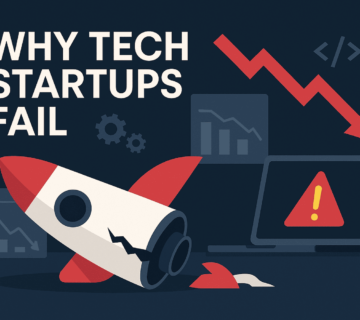The recently concluded Llama 3.1 Impact Hackathon in Kigali, Rwanda, has set a new benchmark for AI-driven innovation in Sub-Saharan Africa. Organized by AfriLabs, Meta, and the Bill & Melinda Gates Foundation (BMGF), the hackathon brought together bright minds from across the continent to develop AI-based solutions for critical societal challenges, with a focus on gender bias, linguistic inclusivity, and economic development.
Artificial Intelligence is quickly becoming a game-changer in Africa’s social and economic landscape. In regions where the digital divide, gender inequality, and language barriers continue to stifle growth, AI holds immense potential to bridge these gaps and foster inclusivity. The Llama 3.1 Impact Hackathon sought to harness this power by bringing together innovators from diverse backgrounds to address these pressing issues head-on.
As noted by the World Bank, achieving gender parity could add a staggering $2.5 trillion to Africa’s GDP by 2025. AI solutions, particularly those that focus on addressing gender bias, could play a pivotal role in helping the continent unlock this economic potential. In Sub-Saharan Africa, where only 61.4% of women are literate, AI-powered education tools could drive significant improvements in literacy and economic participation, particularly among underserved communities.
Meet the Hackathon Champions
Out of 19 teams that participated, three emerged as champions, showcasing groundbreaking solutions with the potential to reshape key sectors in Africa:
- 1st Place: Ithute AI (South Africa) – This team is focused on transforming education for children in underserved regions across Africa. Their AI-powered platform aims to improve access to quality learning materials and bridge the educational divide for marginalized communities.
- 2nd Place: Prometheus (Nigeria) – Prometheus is empowering African women by leveraging WhatsApp to scale impactful solutions. Their project seeks to enhance women’s access to resources, knowledge, and financial inclusion, thereby accelerating economic participation.
- 3rd Place: Signa AI (Rwanda) – Signa AI developed “LlamaSign,” an innovative AI-powered sign language responder aimed at breaking communication barriers for the hearing impaired. This solution is a step forward in making communication more inclusive for people with disabilities across the continent.
These top-performing teams will now move to the mentorship phase, where they will receive guidance from leading experts at Meta, AfriLabs, and the Bill & Melinda Gates Foundation. This mentorship will help them refine their prototypes, prepare for market validation, and develop strategic business models, setting them up for long-term success. In addition to the top three winners, eight other teams, including four from Kenya, two from Nigeria, one from Rwanda, and one from South Africa, received special recognition for their promising innovations.
The hackathon comes at a pivotal moment for Africa’s economic trajectory. According to the African Development Bank, the continent’s GDP is expected to rise from $2.2 trillion in 2020 to $3.4 trillion by 2025. With the highest rate of entrepreneurship globally—22% of the population are starting businesses—Africa is ripe for AI-driven solutions that can address pressing societal issues while spurring economic growth.
Financial inclusion was another key focus during the hackathon. In Sub-Saharan Africa, 66% of women have a bank account compared to 73% of men, creating a significant gender gap in access to financial services. AI-based solutions, like those developed during the hackathon, can help bridge this gap by promoting inclusive financial access and fostering economic development.
The Llama 3.1 Impact Hackathon is more than just a competition—it’s a movement aimed at fostering homegrown AI innovations that address the unique challenges facing Africa. As the winning teams enter their mentorship phase, the focus shifts to ensuring these prototypes become scalable solutions that can impact lives across the continent.
 then 'Add to home screen'
then 'Add to home screen' then 'Add to home screen'
then 'Add to home screen'




